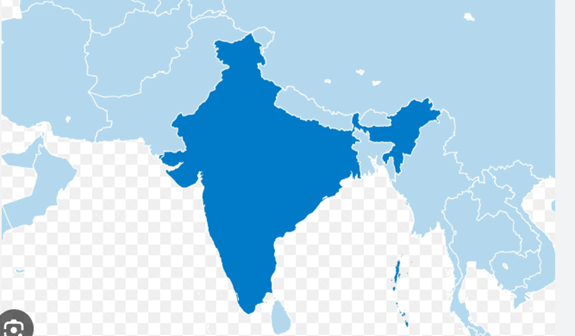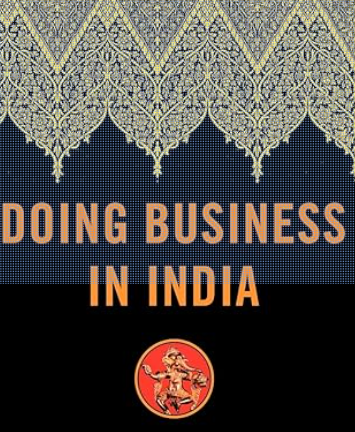WHAT TO KNOW BEFORE YOUR NEXT BUSINESS TRIP TO INDIA
Indian business culture
▪ Indian companies may come across as being overwhelmingly friendly and hospitable to prospective foreign partners. This alone should not be considered an indicator of a successful alliance.
▪ It is advisable to avoid over-questioning Indian partners during due diligence.
▪ Indians normally do not like to say ‘no’ be it verbally or non-verbally. This 'No problem' mindset and believing that there is a solution to everything could lead to complex negotiations.
▪ The Indian business culture resorts to name dropping to push ideas. Most Indians have a degree of access to powerful/influential people. The access to power is often cited as a means of showing one's own influence. It is advisable to avoid taking a decision solely based on such cited connections.
▪ Compared with other transaction-based business cultures, Indians prefer to build a longstanding relationship prior to doing business.
▪ Taking time to get to know your business partner can work in your advantage in case of a legal situation. Legal procedures are best avoided as they could take years and are very costly.
▪ In India everything is negotiable and is considered a key part of doing business. Be patient and maintain your composure during the process. Expect delays especially when dealing with the Government.
▪ Agreements and contracts are not bound and determined, and there may be a possibility of clauses getting renegotiated, even after being signed.
▪ The final decision will be made by the owner or the senior most person in the organisation.
Greeting eachother
Meetings
At dinner
Build your network
The basics of hygiëne
One of the biggest concerns people have while traveling in India is avoiding the perilous 'Delhi Belly' – a sickness from being exposed to new bacteria that cause stomach cramping and other unpleasant symptoms.
Here are a few quick tips to stay healthy during your business travel:
• Only drink bottled water, and check to be sure the cap is sealed when you buy it. It's also important to remember to brush your teeth with bottled water.
• Don't drink anything else made with unfiltered water.
• Do not eat fruit that you have not peeled yourself.
• Only eat foods that are served hot and cooked all the way through.
• Eat at busy places which are recommended by your Indian partners.
Consult a calendar so that you can plan your travel around India's many major holidays, and, of course, monsoon season. This season in most of India lasts from June to September. The wettest months are June and July.
Finally, never touch someone on the head or with your left hand, which is considered rude and dirty. It's also rude to point directly at people or objects or to cross your legs in their direction, showing them the bottoms of your feet.



